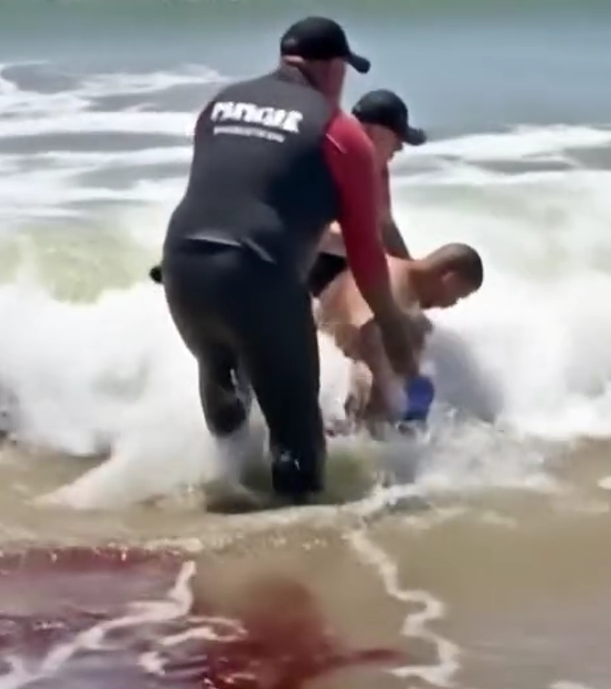My grandson’s voice shattered the silence just as the anesthesia needle hovered over my skin. The operating room was cold, brighter than I’d expected, the beeping monitors counting down the seconds. I lay there, about to give my kidney to my eldest son, Caleb—convinced I was his only hope.
Behind the glass in the observation room stood Aubrey, my daughter-in-law, her stare sharp and unblinking. Beside her were her parents, already celebrating a victory they believed was theirs.
It was Aubrey who had brought the medical files, laying them across my table like blueprints for a war.
“You’re the only match,” she said flatly. “This isn’t optional. It’s your responsibility as his mother.”
Her father chimed in, “A mother’s sacrifice is the ultimate proof of love.”
I signed the papers. But something inside me never stopped whispering: something’s wrong.
It started with a small, unmarked pill she slipped into Caleb’s drink. “Just a vitamin,” she claimed, smiling too fast. But the doctor said no new meds had been added.
Then Theo—my grandson—grew quiet. One day, he asked softly, “What if someone makes another person sick with medicine?” He handed me a cracked old phone he found in his mom’s drawer. “There’s weird stuff on here.”
My younger son, Mason, showed me photos—Aubrey in the hospital parking lot, passing a small bag to a man in a black hat. Later, he handed her an envelope. It wasn’t just suspicion anymore.
I tried confronting them. But the guilt came fast.
“Caleb’s dying,” Aubrey said with practiced grief.
Victor added coldly, “What kind of mother refuses her own son?”
I gave in. But the night before surgery, I saw her again—with the same man. Another envelope. Another secret deal.
I wanted to scream. But the gurney rolled forward.
Then, just as the nurse approached, Theo burst into the OR—panting, terrified, clutching that old phone.
“Grandma, I have to tell the truth.”
“Don’t listen to him!” Aubrey shrieked, pounding on the glass.
But Dr. Whitfield raised his hand. “Let the boy speak.”
Theo played a recording. Aubrey’s voice, cold and clinical:
“He’s weakening exactly as planned. After the transplant, we sell the data. The buyers are ready.”
Gasps. Nurses froze. The surgeon’s eyes narrowed.
Then came the video: Aubrey handing off a bag. Elaine’s voice:
“Once we get the meds and post-op data, we sell the whole thing overseas. It’s worth a fortune.”
It hit me like thunder—they’d been poisoning Caleb to force a transplant. The surgery wasn’t to save him. It was to cash in.
Dr. Whitfield spoke sharply:
“This operation is canceled. Lock the room. Call security. This is a criminal investigation now.”
Chaos erupted. Aubrey screamed as guards dragged her away. My gurney was rerouted, not to recovery, but to safety.
Mason was by my side in minutes. “It’s over, Mom. You’re safe now.”
Later, as Caleb woke in confusion, I held his hand.
“They didn’t love you the way you thought,” I whispered. “But I do.”
A month later, a new match came through—this time from a donor registry. No lies. No pressure. Just hope.
As I waited outside the OR, with Mason and Theo beside me, I knew the darkness had passed. We had nearly lost everything—but a child’s courage saved us all.



